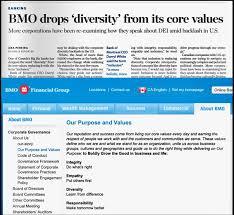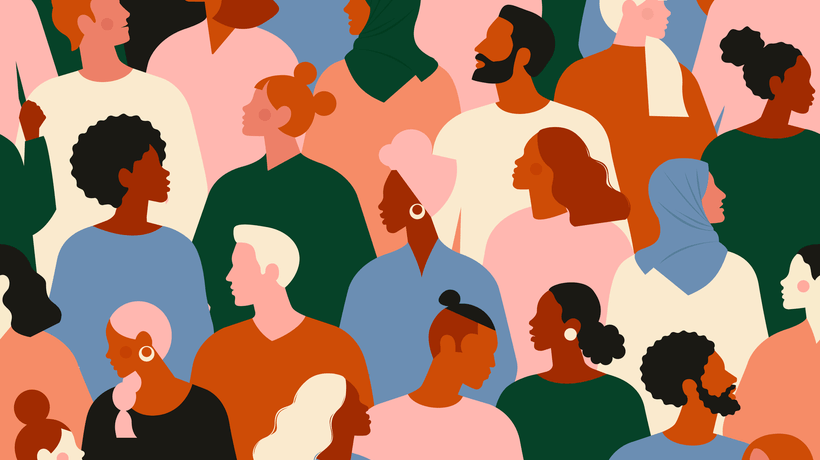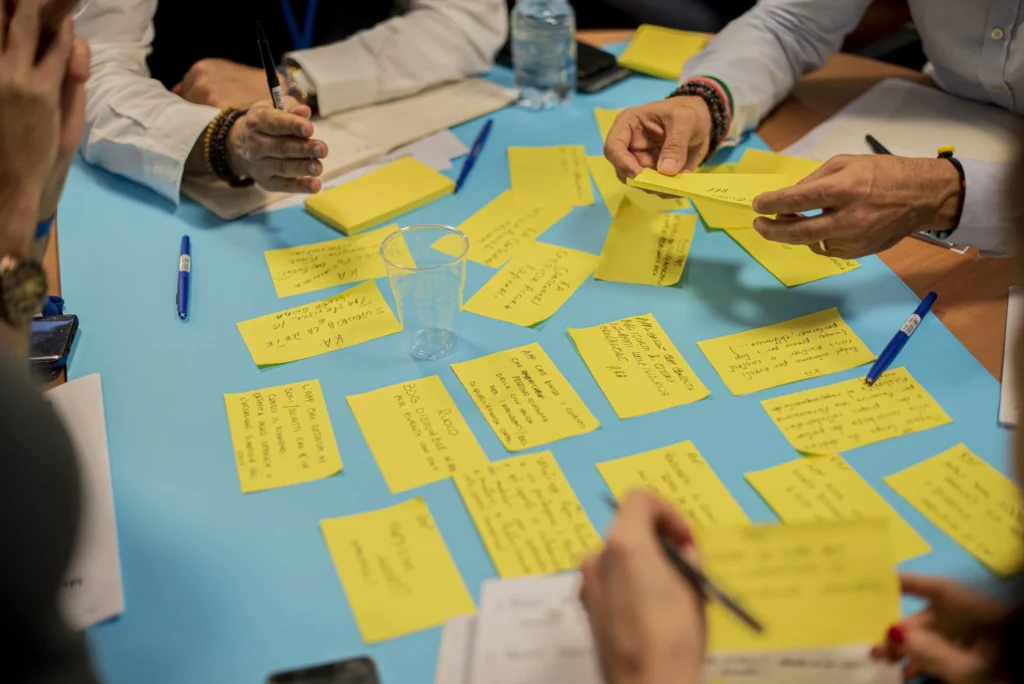“The shift in terminology is not the story. The real question is whether organizations remain committed to building fair, inclusive and high performing workplaces.” says Wyle Baoween in an interview with the Toronto Star.
Since 2020, organizations across North America have moved faster on diversity, equity and inclusion than at any point in recent history. That acceleration was driven by urgent social pressure. Employees were demanding action, communities were calling for accountability and boards were asking difficult questions. Companies were expected to respond, often immediately.
The pressure was intense.
The pace was unprecedented.
And the field itself was still developing.
As Wyle Baoween, CEO of Inclusivity, explains, “many organizations stepped into this work quickly. In the urgency of the moment, they adopted DEI language, roles, strategies and commitments before they had the foundations required to support meaningful and sustainable change and the field was new and lacked important structure and credibility.”
Fast forward to 2025 and organizations are facing a new kind of pressure. The questions sound different now.
- Are companies dropping DEI?
- Should we still call it DEI?
- Should we remove DEI from our values statements?
- Is DEI still the right language for this work?
These questions are emerging for many reasons, including political polarization, fatigue, misinformation and shifting public sentiment, and to many they may seem like a step backward.

A breaking news story in the Toronto Star last week highlighted this trend, noting that organizations like Bank of Montreal (BMO) are beginning to revisit their language and stated values. In the piece, Baoween shared that “what BMO is doing is very consistent with a larger shift we see across the industry. The real question is, will organizations still hold themselves accountable for social equity, for diversity, for inclusion, or are they trying to find a way to get out of that?”
This reflection captures an important point. A shift in language does not automatically mean a reduction in commitment. In some cases, it can actually signal a deeper examination of how to do this work more effectively.
At Inclusivity we believe the current backlash is more about the DEI acronym than the work itself. Most leaders want fair and inclusive workplaces and high performing, collaborative teams. If this moment of reflection is approached with care and intention, it can help bring the work back to its purpose and bring people together rather than allowing them to get caught up in terminology that has become polarizing.
It is not the acronym that strengthens or weakens the work, the real determinants of an inclusive and high performing culture are the systems, decisions, structures and behaviours that leaders reinforce every day.
Acronyms do not build trust.
Acronyms do not change systems.
Acronyms do not create inclusion.
People do.
“What matters now is not what this work is called but the integrity and consistency of the work itself” says Baoween. As long as organizations continue to advance equity, strengthen inclusion and build cultures where people feel they belong, the acronym becomes far less important.
Communication and Follow Through Are What Build Confidence
If an organization chooses to revisit or change its DEI language, clear communication becomes essential. Employees, clients and partners need to understand why the change is happening, how it will be implemented and what commitments remain in place. Transparency helps prevent confusion and reinforces trust.
The most important signal of credibility is what happens after the language changes. Leaders must demonstrate that the work continues in a meaningful capacity, that systems are improving and that people experience greater fairness, inclusion and belonging.
In other words, the language may shift, but the need behind the work remains. The actions will always speak louder than the acronyms.
Resources for Leaders Re-evaluating their DEI Approach
If your senior leadership team is navigating questions about DEI language, strategy or positioning in today’s environment, this is the moment for a thoughtful, transparent conversation. Inclusivity offers a facilitated leadership discussion with our CEO, Wyle Baoween, designed specifically for senior executives and boards who want clarity on:
- how to approach DEI in today’s climate
- how to communicate about DEI with confidence
- how to align DEI with strategy and culture
- whether to keep, revise or drop DEI language
- how to lead responsibly in a polarized landscape
Learn more about this facilitated session.
If you are exploring broader leadership development or want to strengthen inclusive and high performing teams across your organization, you can also visit our training page, which includes sessions on leading change, inclusive leadership, team performance, psychological safety and building cultures of belonging: https://inclusivityinsight.com/inclusivity-training/





















